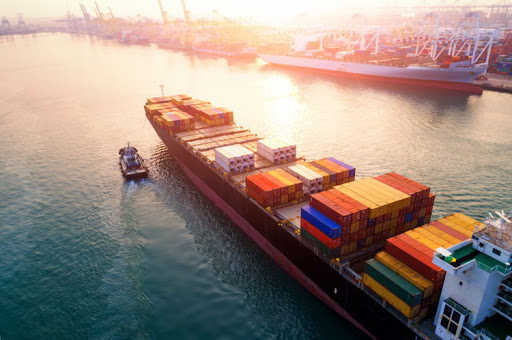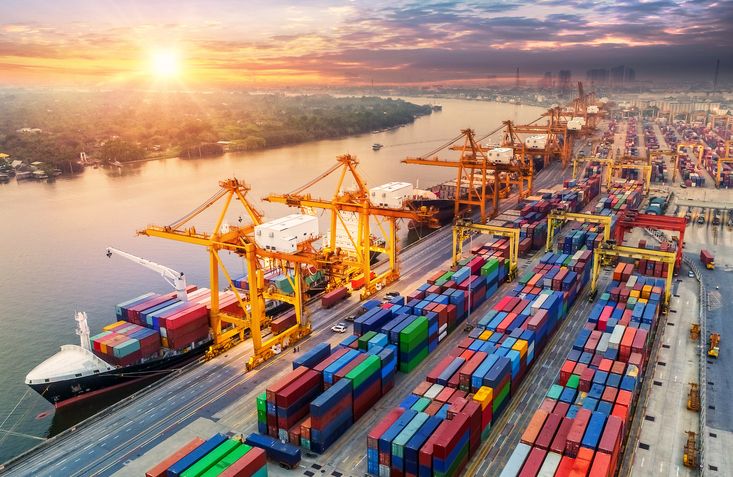The Asociación Salvadoreña de Agentes de Carga y Transitarios (ASAC) is making efforts and recommendations as a union to seek options to reduce the consequences of the price increase in global maritime transport, which has affected the Central and South American region to a greater extent. The route that has experienced the greatest increase in maritime freight rates is Asia, with an increase of more than 400% in just a few months.
"It means that routes that cost US$1,700 per container less than a year ago, now range between US$8,000 and US$9,000 as of may 2021, and by june they are projected to cost between US$10,000 and US$12,000", explains Yesly Murga, commercial manager of Grupo Marítimo and member of ASAC.

ASAC is also concerned about the risk that some shipping lines could be considering not calling at Central American ports with the intention of recovering their normal times, which would worsen the current scenario, already complex.
Currently, there are already serious difficulties with the reservation of space with some shipping lines, which has caused delays of several months in the importation of goods with the consequent losses in sales for customers. Likewise, the congestion of maritime cargo is delaying El Salvador's exports to these destinations by up to two months.
Last week, ASAC held a discussion in which professionals with extensive experience in the field shared their points of view on the issue on the routes of Asia, Europe and the United States, in order to review possible solutions to the problem.
The association is studying different options and recommendations to resolve the situation, in order to find solutions that benefit the freight industry as a whole and that customers have viable alternatives to move their goods.

Based on these reflections, ASAC makes the following recommendations:
- Plan your import cargo movements well in advance, as this allows you to sign contracts with shipping lines and make advance reservations and avoid higher freight rates.
- Seek alternative suppliers in the Americas to avoid the long routes that have been the most affected.
- Consolidate cargoes in strategic locations to facilitate international cargo movements, and seek advice from your Freight Forwarder to find the best alternatives.
 English
English  Español
Español 
